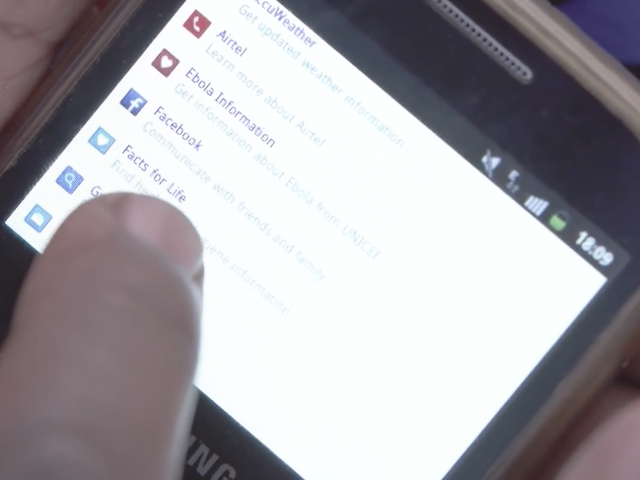-
Tips for becoming a good boxer - November 6, 2020
-
7 expert tips for making your hens night a memorable one - November 6, 2020
-
5 reasons to host your Christmas party on a cruise boat - November 6, 2020
-
What to do when you’re charged with a crime - November 6, 2020
-
Should you get one or multiple dogs? Here’s all you need to know - November 3, 2020
-
A Guide: How to Build Your Very Own Magic Mirror - February 14, 2019
-
Our Top Inspirational Baseball Stars - November 24, 2018
-
Five Tech Tools That Will Help You Turn Your Blog into a Business - November 24, 2018
-
How to Indulge on Vacation without Expanding Your Waist - November 9, 2018
-
5 Strategies for Businesses to Appeal to Today’s Increasingly Mobile-Crazed Customers - November 9, 2018
Facebook To Use Single Satellite To Beam Broadband Internet To Sub-Saharan
“Under a multi-year agreement with Spacecom, the two companies will utilise the entire broadband payload on the future AMOS-6 satellite and will build a dedicated system comprising satellite capacity, gateways and terminals”, an Eutelsat press release said.
Advertisement
Facebook and Eutelsat say the satellite’s capacity is well-suited for Internet access via “affordable, off-the-shelf customer equipment”.
On Monday Facebook and French Internet service provider Eutelsat Communications announced a collaboration to bring free Web connectivity to a large portion of sub-Saharan Africa.
Facebook has recently announced that they have 1.5 billion monthly users, but the social network thinks they would have many more users, if people from developing markets had access to Internet. This latest initiative is part of Facebook’s ongoing effort to connect the world’s population to the Internet regardless of geographic location and economic status. Though, Facebook initially had a plan to send its own satellite but it seems to be halted. Facebook renamed the idea to “Free basic services” and it will take it’s first step.
Facebook may come-off as an opportunistic tech overlord trying to make itself the homepage of the world with Internet.org, but it’s often impossible to deny the overall benefit of its low-priced connectivity drive and the determination with which it pursues it, especially in Africa. But the project has run into its share of criticism and controversy.
The Internet.org application (now rebranded as Free Basics), launched in India in February in partnership with Reliance Communications, faced backlash with a number of leading technology and Internet firms pulling out of the service after activists claimed it violated the principles of a neutral Internet. It was also blamed to be manipulating by giving access to Facebook’s own services and few local websites. Company representatives did not respond to requests for comment.
Advertisement
“We are looking forward to partnering with Eutelsat on this project and investigating new ways to use satellites to connect people in the most remote areas of the world more efficiently.”




























